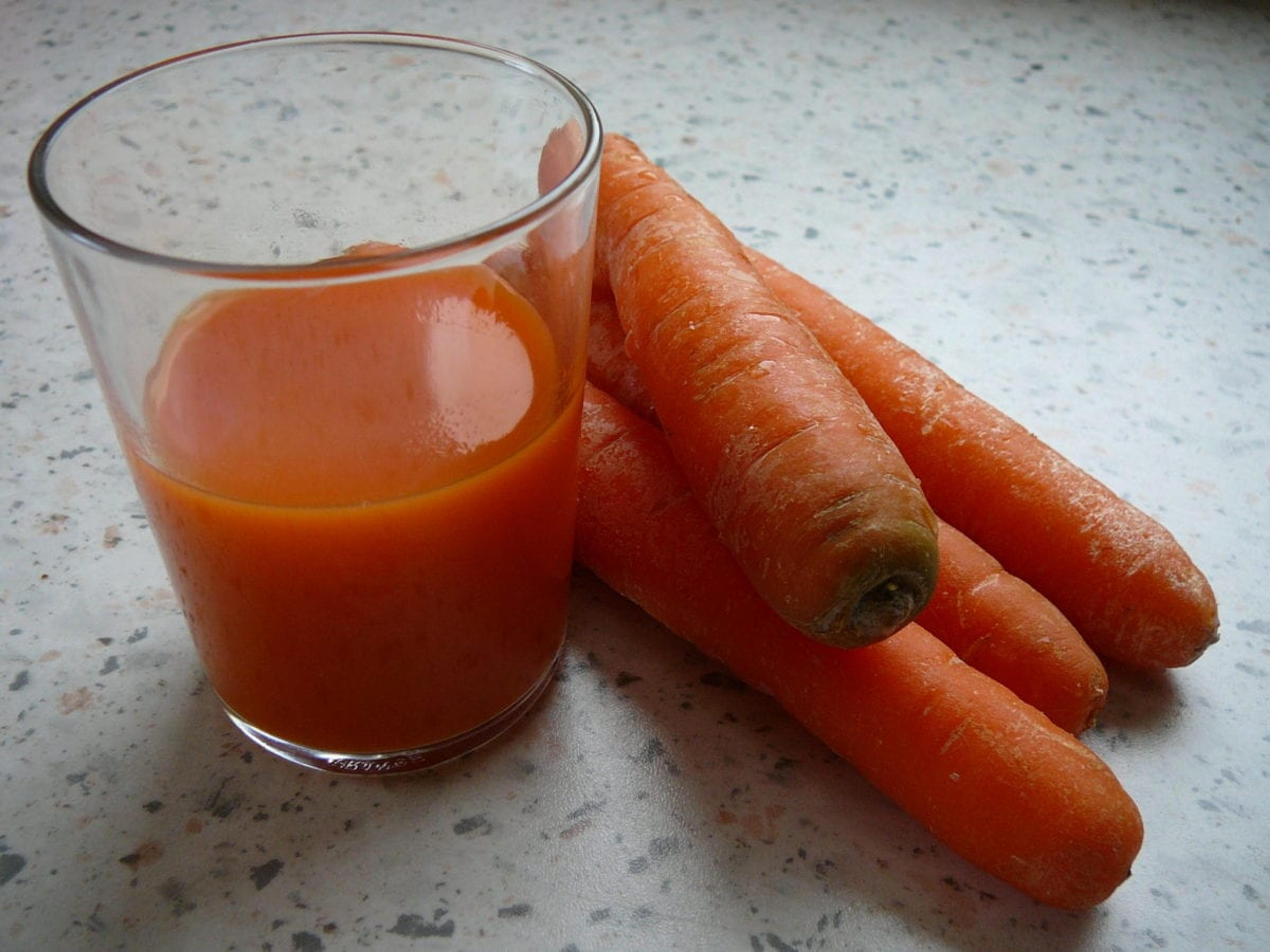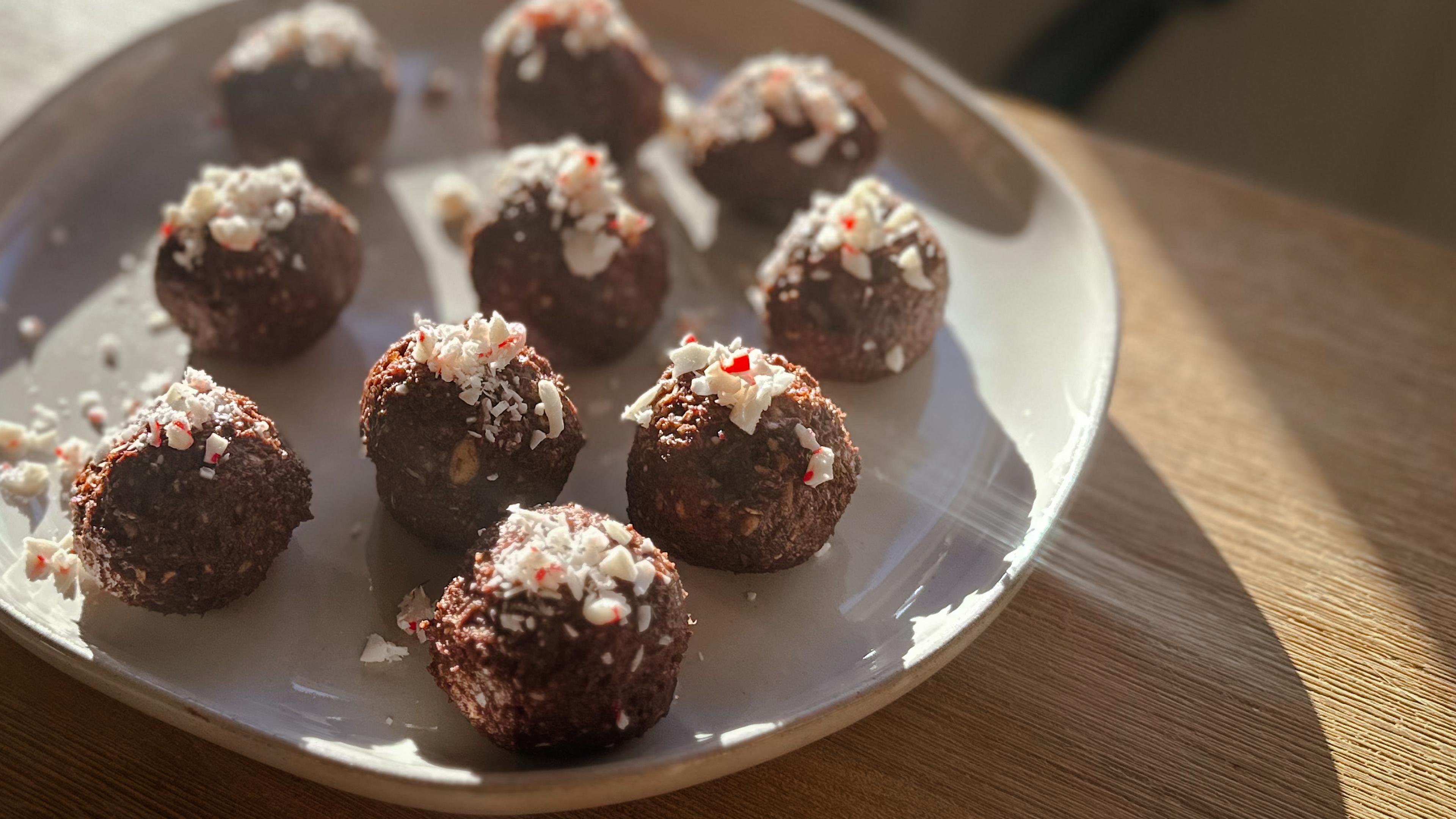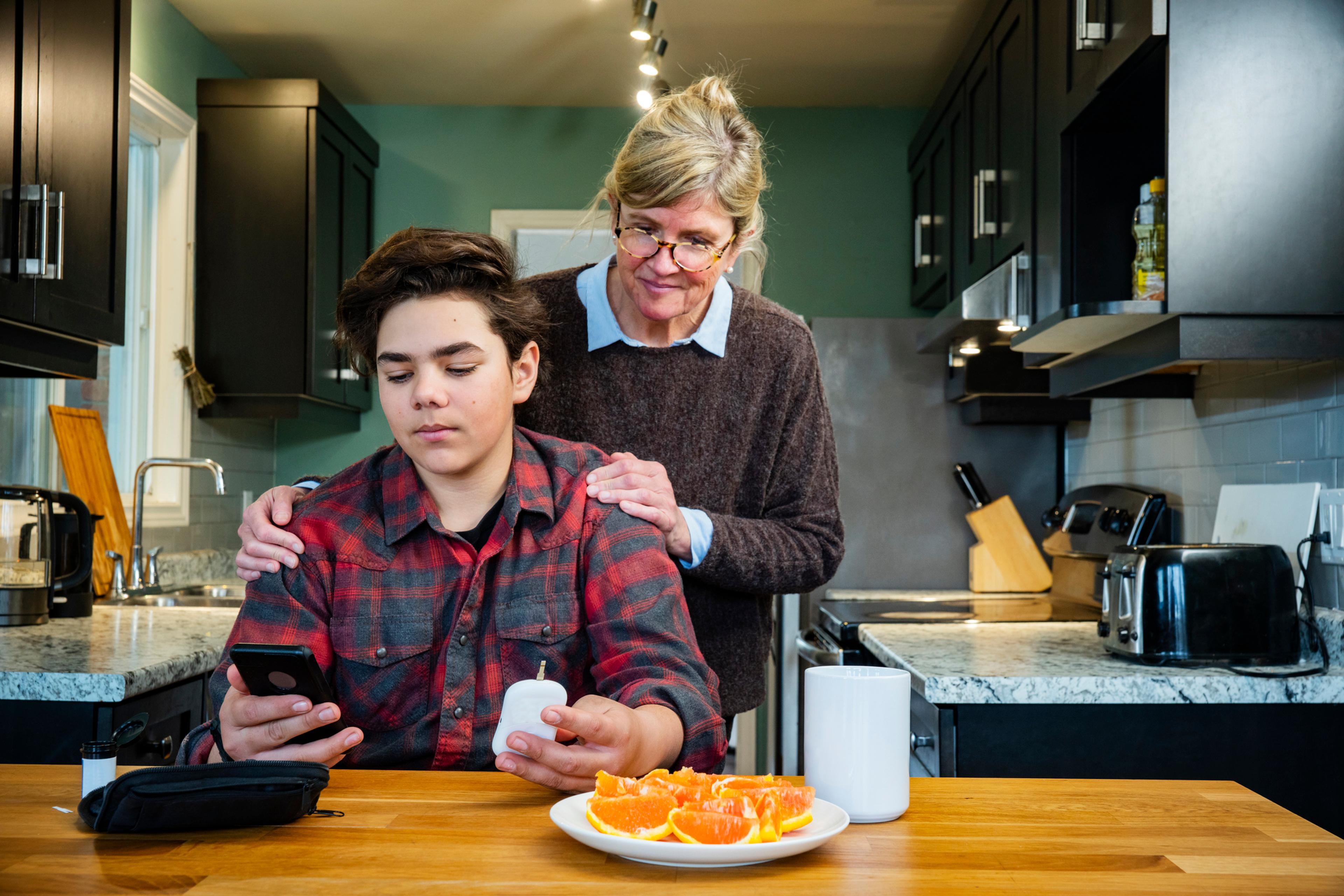To juice or not to juice

Sarah Micallef
| 4 min read

Let’s start with the basics. Fruits and vegetables are all wonder foods due to the astronomical amount of benefits they provide. The USDA reminds us that in addition to naturally being low in calories and high in fiber, they also reduce our risk for heart disease, stroke, and diabetes. As if that wasn’t enough, they help to lower blood pressure, help to prevent kidney stones, and are strong fighters against cancer. Sign me up!
Unfortunately, research has shown we aren’t eating enough! The 2010 dietary guidelines suggest we should eat 5-13 servings (or roughly 2.5-6.5 cups) per day of fruits and vegetables to get the most benefits out of these little plant wonders. On average, Americans are only eating three servings (or roughly 1.5 cups) daily. Obviously, most of us are doing something wrong. How do we eat more?!?
Juicing seems to be a growing trend and more and more people are trying it. I feel like I am constantly surrounded with chatter about it at work, in grocery stores, with friends, on the news, and on countless recent documentaries. Is juicing really a better alternative to whole fruits and vegetables?
Let’s start with the possible benefits:
1.) Variety. With the ease in finding new recipes for juicing online, it provides an opportunity to be daring and throw some fruits and veggies into the juicer that we might not normally test our palates with. For those who really struggle with getting in those veggies, juicing allows masking flavor of added veggies with sweet fruits while cashing in on the benefits of both. Spinach and kale are great veggies to sneak in!
2.) More volume. For some, it is an overwhelming thought to eat 2.5-6.5 cups of fruits and veggies every day. Pulverizing them into liquid form and sipping on them during the day might provide a more manageable option.
3.) Picky eaters. For some people, looking at those fruits and vegetables is an instant turn-off. Changing the shape and drinking down those fruits and vegetables may make sure they aren’t missing out.
4.) Confidence. Making your own juice at home allows you the confidence of knowing exactly what you have put in it. No second guessing if you have 100% juice.
Now the possible disadvantages:
1.) Missing out on fiber. Some of the juicers out there don’t pulverize all of the fruits and vegetable parts. The pulp gets tossed in the trash along with a very important part – the fiber! With this being said, we may lose out on the very aspect of fruits and vegetables which helps us to feel full, aids in weight loss, and may protect us from certain types of cancer.
2.) Accidental sugar high. Without having the fibrous part of fruit, we may be making a highly concentrated sugar drink and thinking we are doing something healthy. Instead, we may find we are gulping down sugar and the dreaded, added calories, without realizing it.
3.) Food safety. The FDA warns of buying or consuming juices which aren’t pasteurized to avoid possible food born illnesses like salmonella and e. Coli which aren’t destroyed during juicing. To minimize this risk be sure to use careful hand washing and wash fruits and vegetables before using. The FDA advises pregnant women and people with compromised immune systems to avoid purchasing unpasteurized juices. In general, it is suggested to use homemade juice immediately after making it or within a day or 2 if it has been refrigerated.
4.) Food Fads. While fruits and vegetables give us a lot of nutrition in relatively few calories, consuming a diet strictly of these may mean we are missing out on other important nutrients like protein, B vitamins, iron, calcium, and vitamin D. There are 5 food groups for a reason. Missing out on the other groups may put our overall health in jeopardy.
5.) Expense. Many of the commercial grade juicers are expensive! To really get the most benefit of fruits and vegetables, consuming as much of the edible parts as possible is incredibly important. If you are going to try juicing, investing in a product which can create juice from edible skins and the inner fruit may be worth it in the long-run.
6.) Clean up. While it may be convenient to be able to drink your fruits and vegetables, cleaning up after making a batch may be cumbersome for some people. Eating whole fruits and vegetables generally leaves little behind and can be an easy grab and go snack.
Unfortunately, there isn’t solid evidence to suggest that juicing makes fruits any more digestible or any healthier than eating good old-fashioned whole fruits and veggies. If you are someone who finds that juicing provides an opportunity to get in fruits and vegetables which would be missed otherwise, it may be a reasonable way to get a more well-balanced diet. For me, chewing my fruits and veggies helps me to feel satisfied during meals, creates great snack options, and slows me down from eating too quickly.
How do you sneak in your fruits and vegetables? If you are looking for some new ways, there are some great ideas for adding fruits and vegetables here.
Photo Credit: http://farm3.staticflickr.com/2281/2409582661_22387a9d53.jpg





